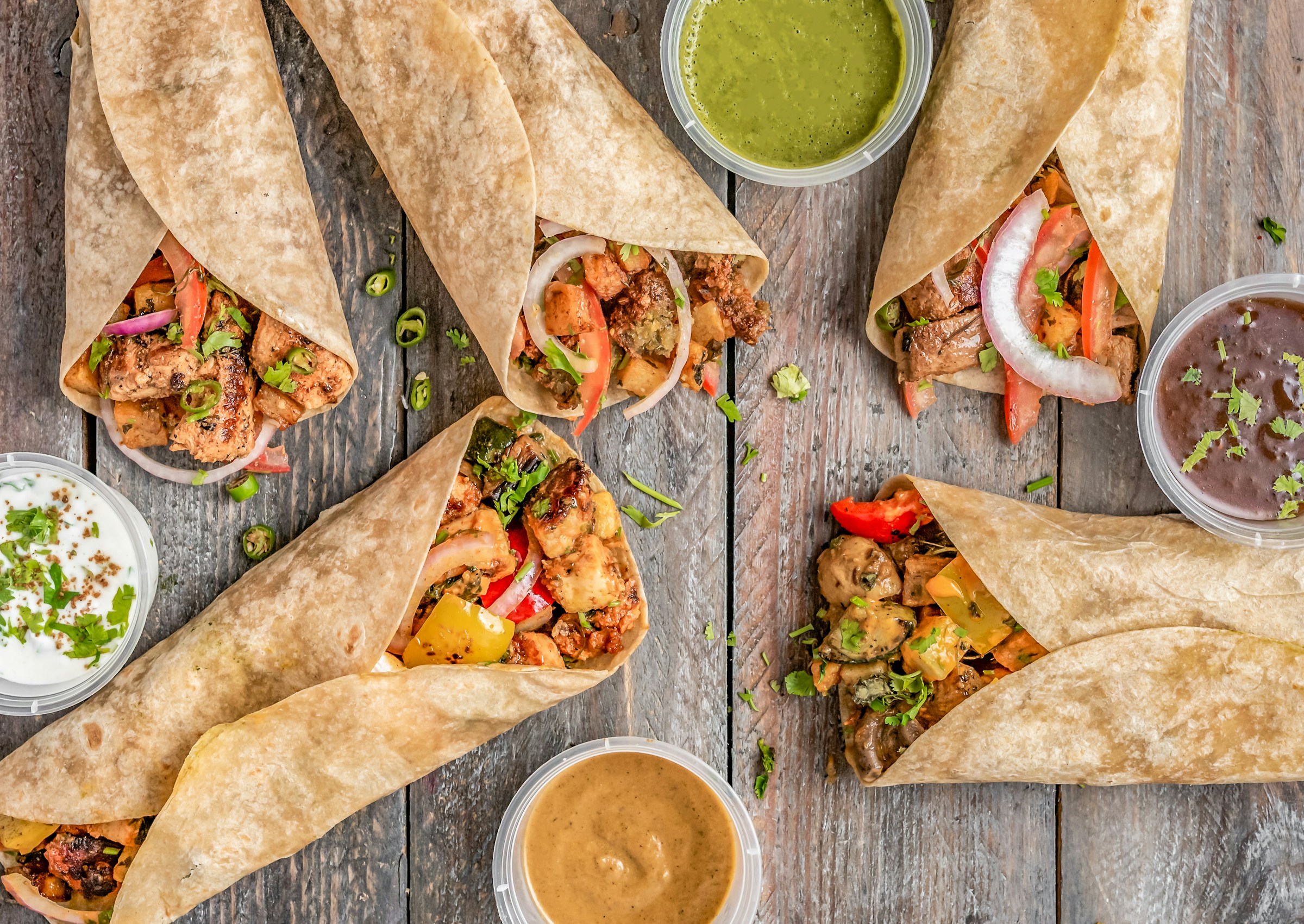What’s the Key to a Perfect Moroccan Chicken Bastilla with Phyllo Pastry?

If you have ever dined in Morocco, you might have had the chance to indulge in the classic dish, Chicken Bastilla. This traditional Moroccan meal is a heady mix of sweet, savory, and spiced ingredients, all encased in a crispy, buttery phyllo pastry. The dish is a balance of flavors that delights the senses and takes your taste buds on a journey. But what exactly is the key to a perfect Moroccan Chicken Bastilla? Let’s delve into this topic.
Understanding Moroccan Cuisine
To truly master the art of preparing Moroccan Chicken Bastilla, it’s important to first understand the basis of Moroccan cuisine. This North African country is known for its flavorful dishes that are characterized by the robust use of spices and herbs.
A lire aussi : How to Prepare a Vegan Butternut Squash Risotto with Sage and Pinenuts?
Moroccan cuisine marries the flavors of sweet and savory, often in the same dish. Ingredients such as sugar, cinnamon, and almonds are often paired with savory items like chicken and vegetables, creating a delicate balance that tantalizes the taste buds.
A key component of Moroccan dishes, including Chicken Bastilla, is its use of traditional cooking techniques. Bastilla is typically baked in a clay oven known as a tanoor. This type of cooking provides a unique smoky flavor to the dish that is hard to replicate with a conventional oven.
Cela peut vous intéresser : How to Bake a Gourmet Lemon Drizzle Cake with Poppy Seeds and Glaze?
The Importance of Quality Ingredients
You might be wondering: How can I recreate the authentic flavors of Moroccan Chicken Bastilla at home? The secret lies in the quality of your ingredients.
First, let’s talk about the chicken. Choose a bird that’s been raised free-range or organic, if possible. This will deliver a texture and flavor that’s superior to conventionally raised poultry.
Next, let’s discuss spices. Moroccan cuisine is celebrated for its use of spices like cumin, paprika, and of course, cinnamon. These spices should be fresh; stale spices can negatively impact the flavor of your dish.
As for the rest of the ingredients, including the phyllo dough, almonds, and butter, make sure they are fresh and of high quality. You’re creating a dish that’s layered with flavor. Thus, each component plays a significant role in the final outcome.
The Art of Preparing the Filling
Moroccan Chicken Bastilla is not just about the baking process; the preparation of the chicken filling is equally crucial. This filling, typically a mix of shredded chicken, onions, parsley, and spices, should be cooked until it is tender and juicy.
Start by sautéing onions in butter until they are translucent. Then, add your chicken and some water, and let it cook on low heat. Once the chicken is cooked, shred it and return it to the pan with the onions. Add your spices, almonds, and a good heap of sugar to balance the savory taste of the chicken.
The trick with the filling is to let it simmer for a sufficient amount of time. This allows the flavors to meld together and create a filling that’s flavorful and aromatic.
Mastering the Phyllo Pastry
The phyllo dough is another integral part of the Moroccan Chicken Bastilla. It gives the dish its distinct crispy texture and golden color.
Working with phyllo dough can be tricky, though. The sheets are thin and can dry out quickly. So, keep them covered with a damp cloth when you’re not using them.
When assembling the Bastilla, you’ll need to layer several sheets of phyllo dough, brushing each with melted butter, before adding the filling. This process is repeated a few times until you have a sturdy pastry shell.
Baking the Bastilla requires patience. It should be baked at a moderate temperature to ensure the pastry cooks evenly and achieves a golden-brown color.
Final Touches
Once your Moroccan Chicken Bastilla is baked to perfection, it’s time for the final touches. The dish is traditionally dusted with powdered sugar and a sprinkle of cinnamon. The sweetness of the sugar and the warmth of the cinnamon make for a delightful contrast to the savory filling.
In conclusion, the key to a perfect Moroccan Chicken Bastilla lies in understanding the essence of Moroccan cuisine, choosing quality ingredients, investing time in preparing the filling, mastering the phyllo pastry, and finishing with the right touches. With these keys, you’re all set to create a Moroccan Chicken Bastilla that’s sure to impress.
The Significance of Olive Oil and Additional Ingredients
Olive oil is a vital ingredient in Moroccan cuisine and the Chicken Bastilla is no exception. The use of olive oil imparts a distinct flavor and richness to the dish. It is used to sauté the onions in the initial stages and may also be used as an alternative to melted butter for brushing the phyllo dough.
In addition to olive oil, ingredients like lemon juice and orange blossom water are integral to the recipe. Lemon juice adds a zesty tang to the savory filling, lending freshness to the dish. Orange blossom water, on the other hand, is a fragrant distillation from bitter orange blossoms. It adds a subtle floral note to the dish which is a hallmark of Moroccan cuisine.
As for the almonds in the recipe, they are often ground in a food processor and then sautéed with butter and sugar until golden brown. This mix is then added to the chicken filling to provide a delightful crunch and sweet undertone, contrasting beautifully with the savory elements.
In essence, every aspect of Moroccan Chicken Bastilla requires careful attention and the highest quality ingredients. From the free-range chicken to the olive oil, fresh spices, phyllo dough, and almonds – each element contributes its unique character to the final dish.
Assembling and Baking the Bastilla
With the filling prepared, it’s time to assemble the Bastilla. You’ll need a baking dish and a baking tray. Start by brushing the dish with butter, then layer the phyllo dough sheets on it, brushing each with more butter.
Creating the base involves layering several sheets of dough in the baking dish, overlapping them so they cover the dish completely. Once the base is made, the savory chicken filling is spread over it. The pastry sheets are then folded back over the filling and tucked in neatly.
This process is repeated, using more phyllo dough to create additional layers. Remember to brush each with butter for that perfect golden brown finish.
The Bastilla then has to be baked in a preheat oven at a moderate temperature. This ensures the pastry cooks evenly without burning. Baking should continue until the pastry is golden brown and crispy.
Conclusion: Savoring a Perfect Moroccan Chicken Bastilla
Following the baking process, the Moroccan Chicken Bastilla is usually left to cool before serving. The final touch involves sprinkling it with powdered sugar and cinnamon. This combination of sweet and savory strikes a beautiful balance, true to the spirit of Moroccan cuisine.
In summary, a perfect Moroccan Chicken Bastilla begins with an understanding of Moroccan culinary traditions. It is achieved by using high-quality ingredients like free-range chicken, fresh spices, olive oil, phyllo dough, and almonds. The filling is prepared with careful consideration of flavors, and the pastry is assembled and baked with care. The dish is then finished off with a dusting of powdered sugar and cinnamon.
This culinary journey is more than just cooking – it’s an immersion into Moroccan culture. So, whether you’re an accomplished cook or a culinary enthusiast, embrace the process. Savor the aromas, the textures, and most importantly, the flavors. And then, serve your Moroccan Chicken Bastilla with pride.
